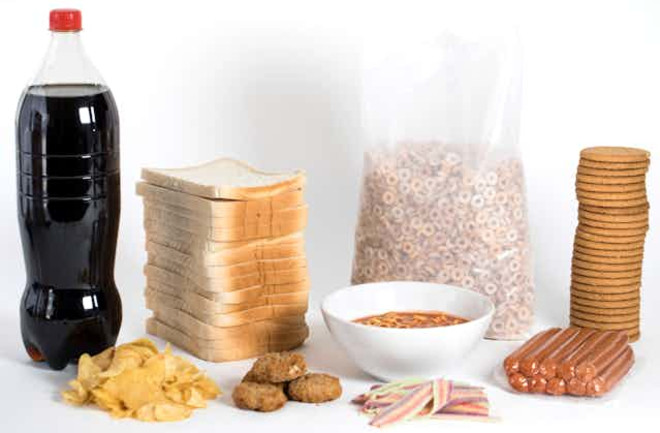The proverbial “sugar high” that follows the ingestion of a sweet treat is a familiar example of the potentially positive effects of food on mood.
On the flip side, feeling “hangry” – the phenomenon where hunger manifests in the form of anger or irritability – illustrates how what we eat or don’t eat can also provoke negative emotions.
The latest research suggests that blood sugar fluctuations are partly responsible for the connection between what we eat and how we feel. Through its effects on our hormones and our nervous system, blood sugar levels can be fuel for anxiety and depression.
Mental health is complex. There are countless social, psychological, and biological factors that ultimately determine any one person’s experience. However, numerous randomized controlled trials have demonstrated that diet is one biological factor that can significantly influence risk for symptoms of depression and anxiety, especially in women.







